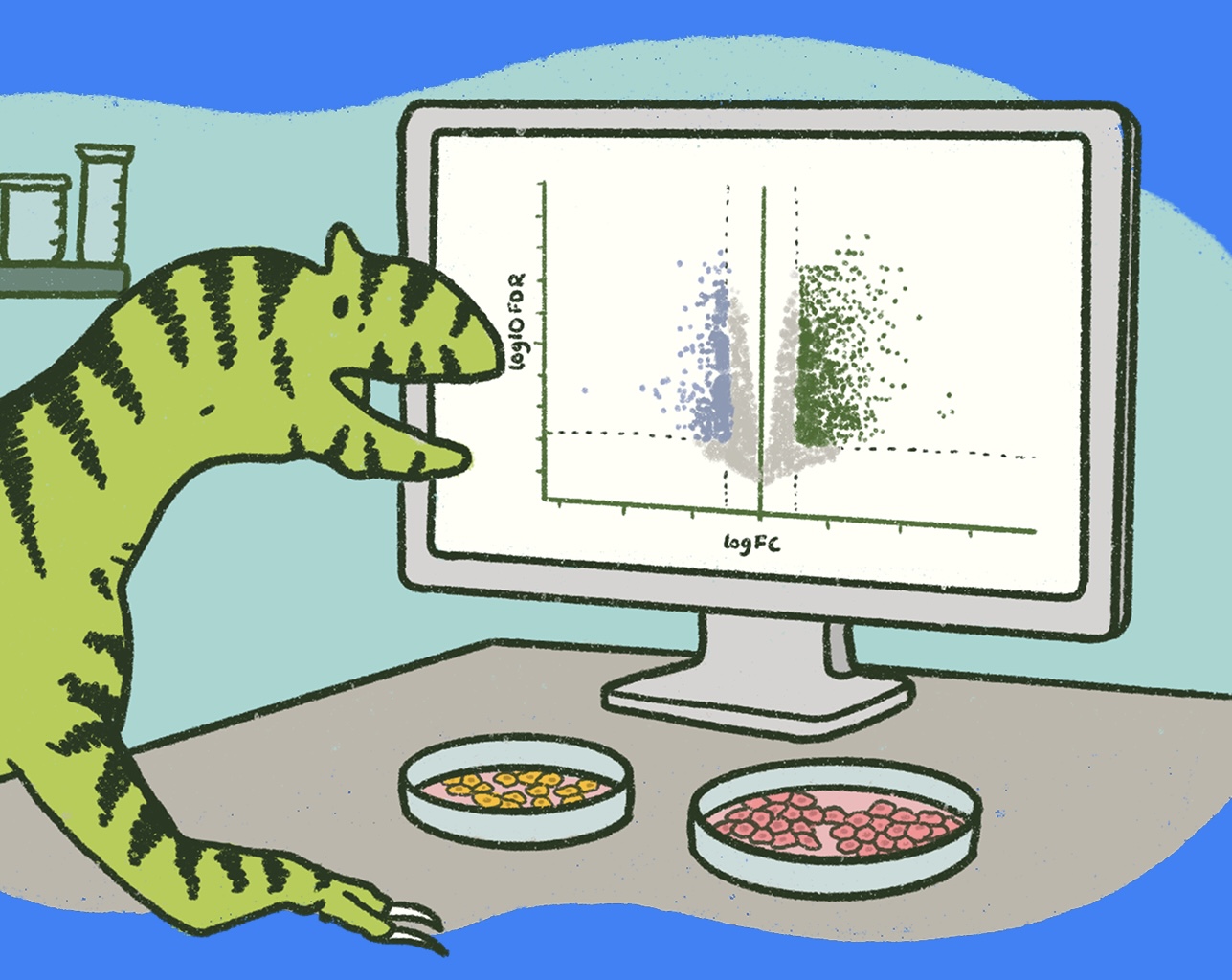
Prometheus Materials Is Reinventing Cement & Concrete—with Algae
Prometheus Materials Is Reinventing Cement & Concrete—with Algae
Concrete, second only to water as humanity's most utilized material, presents an immense environmental challenge. Its crucial ingredient, cement, accounts for around 8% of global carbon emissions annually. Enter Prometheus Materials, an innovator that's harnessing mineralized microalgae to significantly reduce these emissions. With their groundbreaking product line, ProZERO™, Prometheus is proving that it’s possible to decarbonize construction without compromising performance.
“Our technology mimics nature’s own processes—specifically the creation of coral reefs and seashells—but we've accelerated it to industrial speeds,” Bell explained. “We’re fundamentally shifting the paradigm by introducing carbon-negative materials into traditional supply chains.”
ProZERO™ is poised to redefine what sustainability means for the construction industry. It allows for up to 40% replacement of traditional cement, substantially reducing carbon footprints while simultaneously integrating seamlessly into existing manufacturing and supply chain networks. Crucially, Prometheus Materials' innovations ensure that sustainability doesn’t require sacrificing the performance or reliability essential in construction. According to Bell, “Our formulations meet multiple ASTM standard specifications. This is sustainability without sacrifice.”
What distinguishes Prometheus from many sustainability ventures is the dual impact of their approach: avoiding the carbon-intensive operations involved in manufacturing traditional cement and sequestering carbon through microalgae growth and biomineralization. The result isn't merely a reduced-carbon alternative; it is potentially carbon-negative. Bell emphasizes this distinction, noting, “We’re not just lowering emissions; we’re actively reversing them through biological sequestration. This represents a step-change for construction materials.”
The biology underpinning ProZERO™ exemplifies the expanding potential of biofabrication. Using microorganisms to engineer bio-based materials could set new standards for eco-friendly construction globally. Prometheus’s pioneering efforts reflect a broader industry movement, driven by biotechnology leaders determined to achieve sustainability at scale.
Bell underscored his personal motivation and optimism about the industry’s trajectory: “I see biotechnology as a critical lever in addressing the climate crisis. We’re already witnessing transformative impacts, but we're just scratching the surface. Over the next decade, bio-based solutions will reshape entire industries.”
With SynBioBeta 2025 around the corner, Prometheus Materials is positioned as a front-runner in the rapidly evolving sector of biology-driven sustainability. Their innovative approach not only tackles one of construction’s toughest problems but also charts a compelling path toward global sustainability goals.
As Bell prepares to share more insights onstage next week, SynBioBeta attendees will gain a firsthand view of a future where the structures we build don't just stand—they help sustain our planet.



.svg)










-min.png)
.gif)